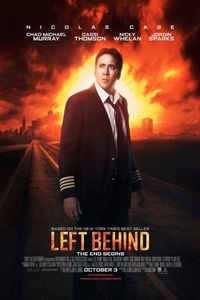 Left Behind
Left Behind
Starring Nicolas Cage, Chad Michael Murray, Cassi Thomson, Nicky Whelan, Jordin Sparks, and Lea Thompson
Directed by Vic Armstrong
Rated PG-13
Run Time: 105 minutes
Genre: Action/Thriller
Opens October 3rd
By Eric Forthun of Cinematic Shadows
Left Behind is an absurdly moronic B-movie that confuses itself as a disaster film from the 1970s while wanting to be a serious moral tale of spirituality. The cast features a mish-mash of stars reaching at the opportunity for an easy check, ranging from Nicolas Cage and his ever-evolving hair line to Chad Michael Murray’s confused, “When can One Tree Hill return?” self. The story is the first directorial effort from Vic Armstrong, who can legitimately only be described as one of the greatest stunt workers to ever work in the business. He’s made things explode beautifully in a hefty amount of blockbusters over the last thirty years, including an undisclosed credit for the opening scene in Terminator 2: Judgment Day. The man deserves respect and, more importantly, he deserves a script with more competence and respect for its subject than this one. It’s a hilariously offensive bundle of ineptitude.
The story begins with Chloe Steele (Cassi Thomson), an atheist that grew up with a religious mother, Irene (Lea Thompson), and an absent, cheating pilot of a father, Rayford (Nicolas Cage). Chloe wanders through the airport one day to stop her father from flying away when they were supposed to spend time together as a family. Rayford wants to take an excursion in London with the sexy flight attendant Hattie (Nicky Whelan), a character that acts not only as the ditzy blonde but also as the helpless love interest with no ability to sustain herself. Chloe also runs into Buck Williams (Chad Michael Murray), a famous media person that might be an investigative journalist or a reporter on the news or someone important. I don’t know. All I know is that he has a book and a religious woman asks him some questions until Chloe interrupts by attacking her beliefs. So naturally Buck and Chloe bond by getting along in the airport and hopping to each other’s tables like a long-lost romantic couple.
So now that we are past the first fifteen minutes of the film (yes, all of that happens in such a brief amount of time), the story progresses to the flight happening and the Rapture ensuing, taking millions of people around the world off of the Earth and into Heaven. What becomes so grating about the film’s rushed exploration of the Rapture is how idiotic the remaining population becomes, particularly as the religious become prophets in memory while the non-religious become aggressively dumb and incompetent. The only way these ideas are communicated furthers the film’s growing annoyance: every character delivers a monologue in virtually every scene, with the only back-and-forth conversation happening in the film’s opening moments. There’s no sense of ebb-and-flow within the film as much as there is a scream point-scream other point dynamic. Cheap filmmaking really begins to hurt the quality of a film’s message, and Left Behind encapsulates that.
Nicolas Cage gives a committed performance considering that his character must move through asinine developments. He unravels monologues in the film’s middle act that oddly avoids the use of the word “Rapture,” almost as if the film wants to move away from its religious upbringings. And that’s another important reason the film doesn’t work, outside of its hilariously awful plot movement: it doesn’t embrace the Christian elements of its story and instead makes martyrs out of the religious and tells the story of the doubters. The characters aren’t given a semblance of development and the story intersperses characterizations including but not limited to: an old lady who clearly has dementia but draws laughs from her sickness, a little person that apparently deserves to be kicked down a slide (it needs to be seen because that ACTUALLY HAPPENS), a woman wielding a gun on an airplane thinking other people stole her child, and more. All of these glorious moments can be found in Left Behind, the funniest, most woefully inept drama of the year.

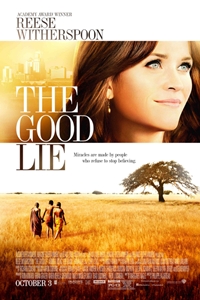 where a couple is making out in the airport while another man rides around on a motorized scooter. “I saw similar things, especially when I landed in New York City,” Duany said. He didn’t know people had the freedom to do such things. “People were all over and moving in a bunch of different directions. Where I come from, everyone moves in one direction and keeps going.”
where a couple is making out in the airport while another man rides around on a motorized scooter. “I saw similar things, especially when I landed in New York City,” Duany said. He didn’t know people had the freedom to do such things. “People were all over and moving in a bunch of different directions. Where I come from, everyone moves in one direction and keeps going.”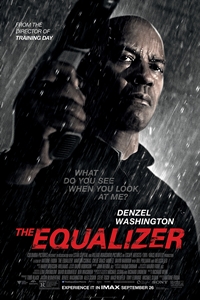 The Equalizer
The Equalizer
 The Boxtrolls
The Boxtrolls
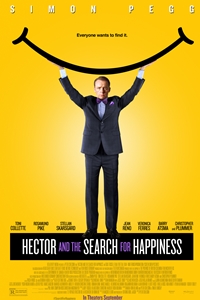 Hector and the Search for Happiness
Hector and the Search for Happiness
 Good People
Good People
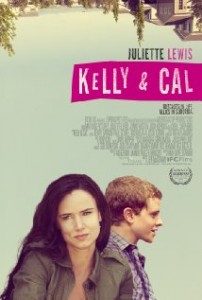 Kelly & Cal
Kelly & Cal
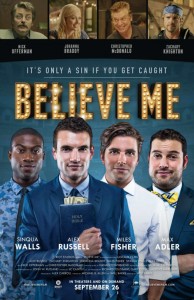 Believe Me
Believe Me
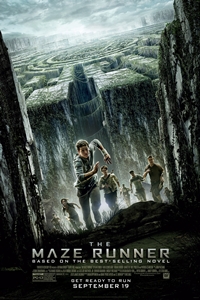 The Maze Runner
The Maze Runner
 This is Where I Leave You
This is Where I Leave You
 The Disappearance of Eleanor Rigby
The Disappearance of Eleanor Rigby
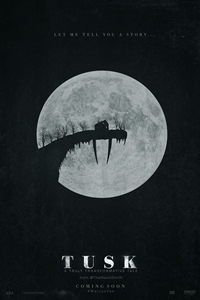 Tusk
Tusk
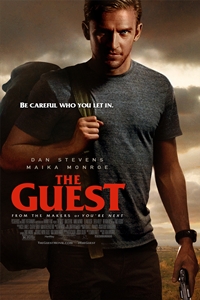 by Michael Clawson of
by Michael Clawson of 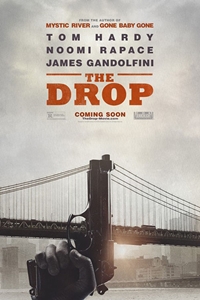 The Drop
The Drop
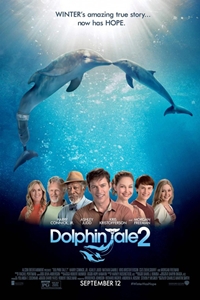 Dolphin Tale 2
Dolphin Tale 2








